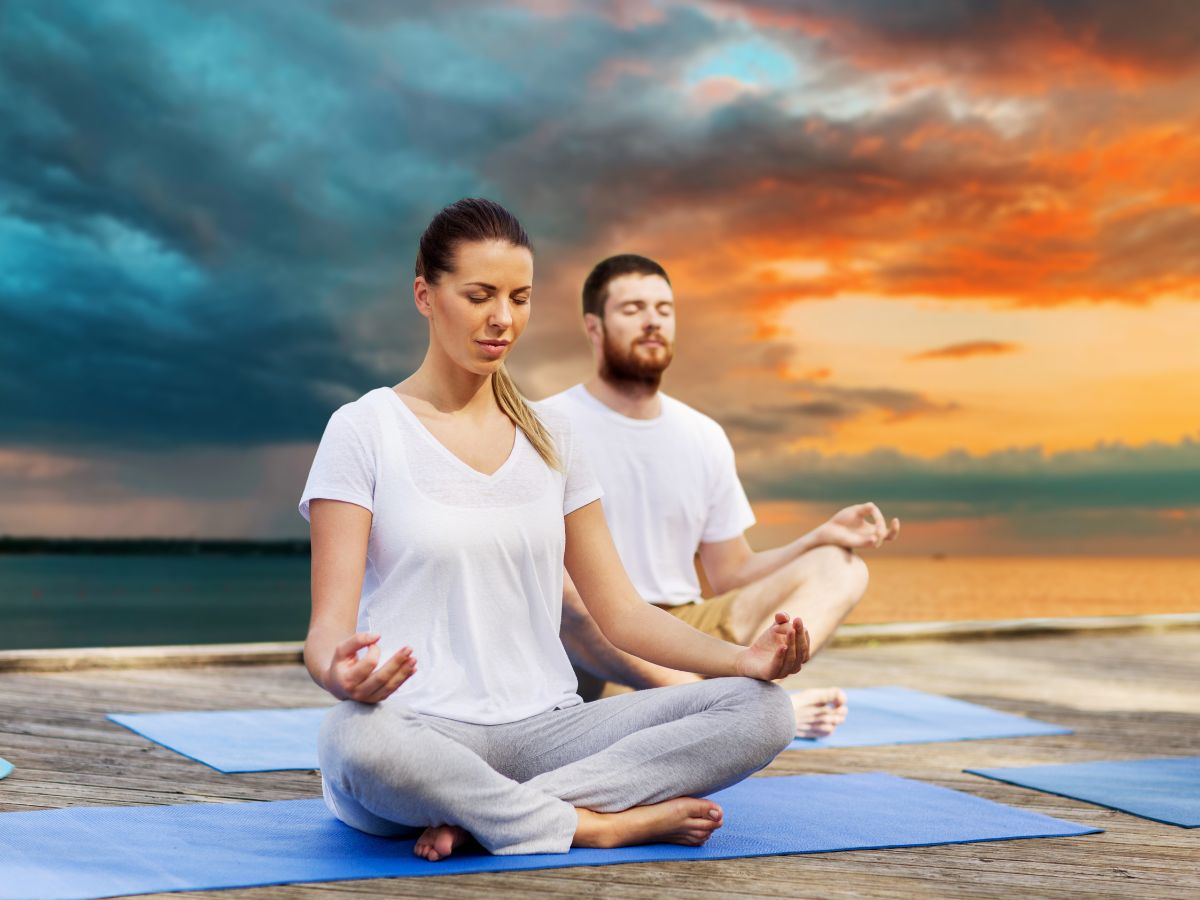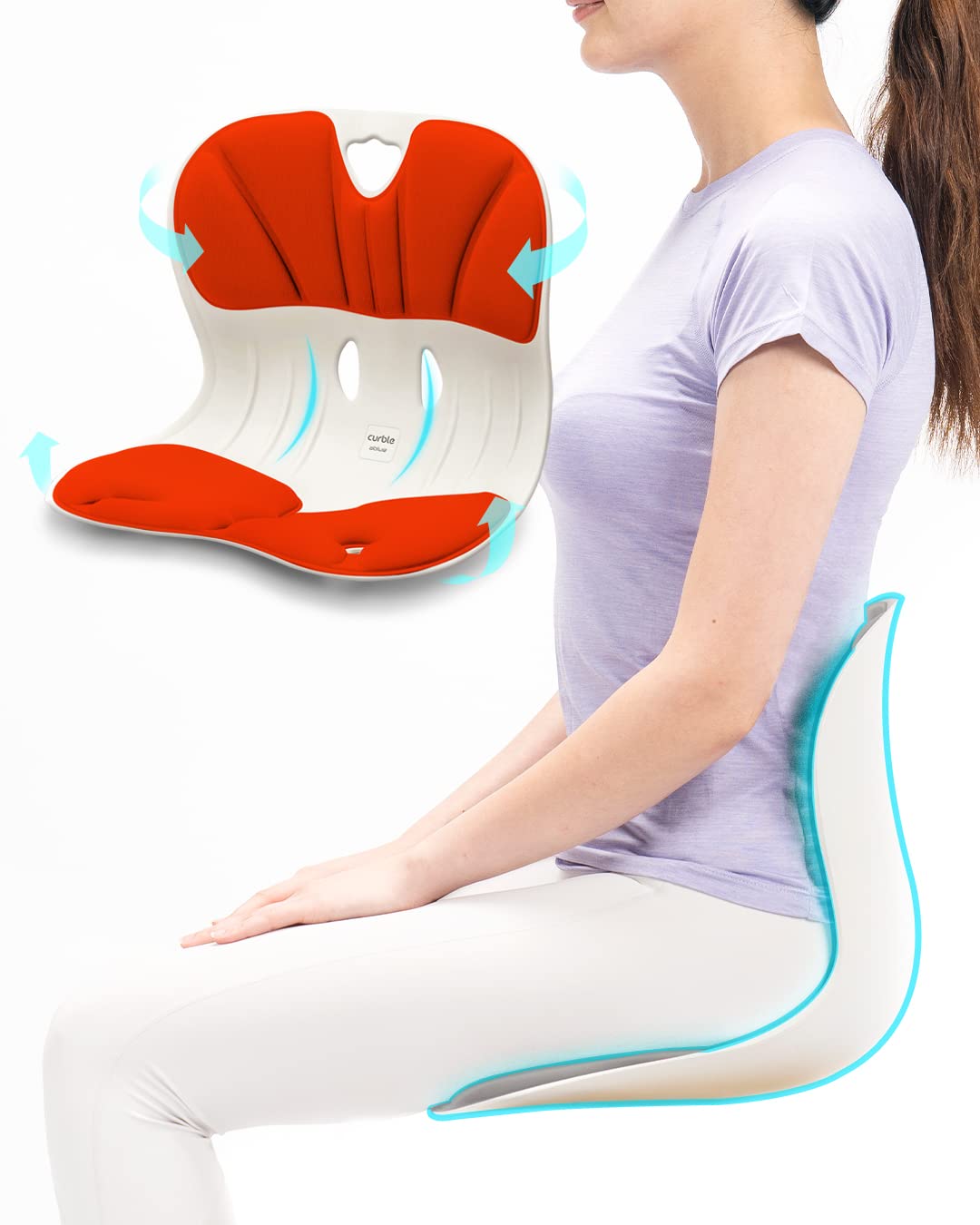Finding moments of calm and inner harmony in our fast-paced, technologically-driven society can be difficult. Retreats for meditation and yoga are useful in this situation. A retreat can be a life-changing event, whether your goals are to relax more, become more flexible, or simply reconnect with yourself. But, for beginners, a regular meditation practice can seem difficult. Do not worry if you have lost your loved one and need to calm your mind or personal health, you can go through the Mending Hearts Retreat. They provide an integrative strategy with exercises that aim to strengthen as well as heal. There are a variety of activities planned to bring the group together and develop long-lasting connections after you depart, in addition to treatment sessions. In this step-by-step guide, we’ll research how beginners can embark on the journey of self-discovery through yoga and meditation retreats.
What are Retreats?
A retreat is a particular kind of planned and scheduled vacation and frequently for personal or spiritual growth. The following are some vital aspects of retreats:
- Locations: They can take place in a variety of settings, such as natural surroundings (mountains, forests, beaches), monasteries, ashrams, or even urban spaces. The choice of location often aligns with the retreat’s intended purpose.
- Activities: They frequently include a schedule of scheduled events, such as workshops, classes, group discussions, yoga, hiking, meditation, and other practices that are in line with the objectives of the retreat.
Retreats offer a chance for self-care and personal growth. They give participants the chance to recharge, gain new perspectives, and build skills and insights that they may use in their daily lives. Whether you’re searching for a team-building retreat, a wellness retreat, a yoga retreat, or a tranquil meditation retreat, there are options to suit numerous interests and objectives.
What is yoga and meditation?
Yoga and meditation improve general health, reduce stress, and increase self-awareness. They are adaptable to individual requirements and goals and may be used by people in various situations. Yoga and meditation offer useful tools for enhancing physical health, mental clarity, and spiritual development, whether they are practiced separately or jointly.
What are the yoga and meditation steps for beginners?
It is possible to adapt yoga and meditation to suit beginners. To begin practicing yoga and meditation, novices should follow these simple steps:
Yoga for Beginners:
If you are suffering from any anxiety or mental problems, yoga can play a significant role in recovering from it. Here is a simple guide for beginners;
Select an Appropriate yoga class:
You may look up many yoga types, just like with Hatha, Vinyasa, or Yin. Each class has its own pace and focus. For beginners, Hatha and Vinyasa are often good choices.
Find a Qualified Instructor:
Always search for a certified yoga instructor who can provide proper guidance and ensure you practice safely.
Practice Regularly:
For fast results, you can start with a few sessions and slowly increase your practice time as you become more relaxed.
Listen to Your Body:
Respect your body’s limits. Avoid pushing yourself too hard or trying advanced poses too soon. Yoga is about progress, not perfection.
Meditation for Beginners:
Here is a simple beginner guide on how to start your meditation to remove stress,
Set a Time:
Select a specific time for your meditation routine. Starting with just a few minutes per day is perfectly fine for beginners.
Choose a Technique:
You can select any meditation method, including mindfulness meditation. Because it is a great option for newcomers, they can concentrate on their breath or physical emotions.
Start Slowly:
Start with brief sessions of 5 to 10 minutes, then gradually increase the time as you get more comfortable. Recognize that while you’re meditating, your thoughts can wander. It is completely typical. Be kind to yourself and don’t criticize your ideas.
Reflect:
After your reflection session, take a moment to meditate on how you feel. Over time, you’ll notice positive changes in your mental state.
Remember that yoga and meditation are individual disciplines, and everyone makes different progress. Don’t rush your development; be kind to yourself, enjoy the process, and be patient. You’ll reap the advantages of these habits on a physical and mental level with patience and commitment.
Conclusion:
Meditation and yoga not only help to improve your health, but they also help to overcome sorrow, anxiety, and depression. It can be transformative to discover your inner tranquility. You’ll be well-equipped to start this life-changing adventure of self-discovery by carefully following this step-by-step manual. If you want to come out of this sorrow, pain and suffering, connect with Mending Hearts Retreat for the Best yoga retreats in Sussex. For people going through a divorce, breaking up with a partner, or grieving the loss of someone they love, they provide a special experience. For more information, you can call them today. Always remember that going into the retreat with an open mind and a readiness to live in the moment is what matters most.















